You’ve probably heard a few of these before—maybe even believed them. “Coffee dehydrates you.” “Cracking your knuckles causes arthritis.” Or that old favorite, “The five-second rule keeps food safe.” Spoiler alert: science has stomped all over those myths. And today, we’re doing a little myth-busting of our own. So, grab a snack (preferably not off the floor), and get ready to rethink 20 everyday beliefs you thought were true.
Mice Don’t Actually Love Cheese

Let’s start with the classic: mice and cheese. Cartoons made us think it’s their all-time favorite snack. But in the real world, mice actually prefer grains and fruits. Studies have shown that cheese isn’t even high on their list. It’s like offering someone a cupcake when they really just want toast.
Video: Myths 3: Do Mice Really Love Cheese?
Coffee Doesn’t Dehydrate You

Yes, caffeine is a mild diuretic. No, that doesn’t mean coffee leaves you parched. The liquid in your cup actually helps hydrate you, and studies have confirmed that moderate coffee intake has no significant dehydrating effect. So sip away—responsibly.
Bulls Don’t Hate Red
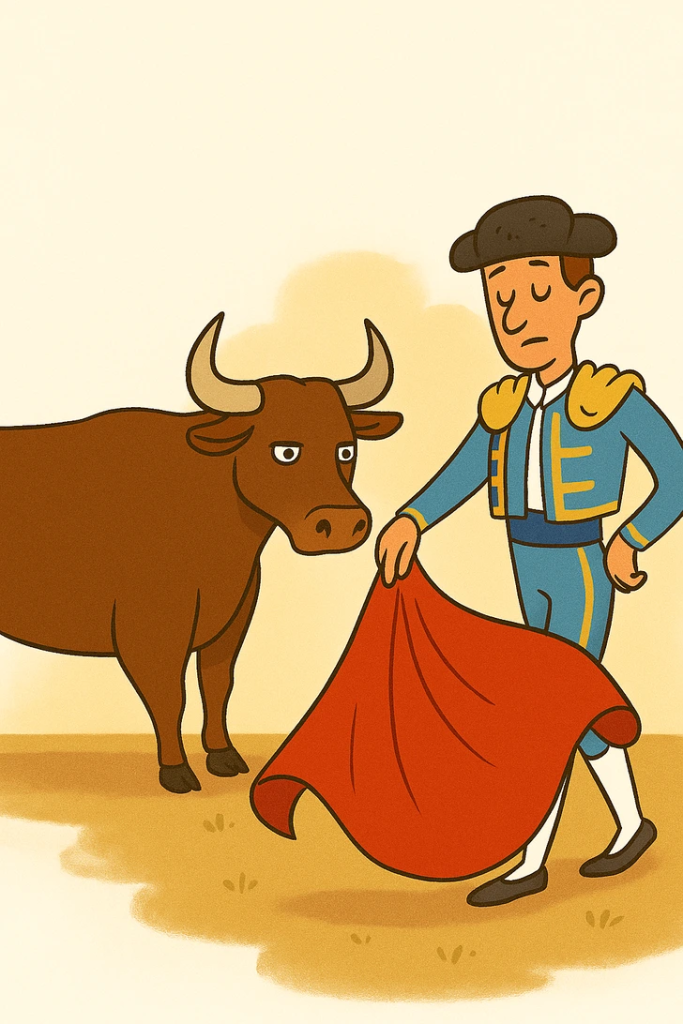
Matadors use red capes, so bulls must hate red, right? Not quite. Bulls are colorblind to red—they see shades of blue and yellow. What really triggers their charge is the motion of the cape, not its color. So it’s not rage at red; it’s just reacting to movement.
That Pool Dye? Total Fiction

You’ve probably been warned about a chemical that turns purple when someone pees in the pool. Hate to break it to you—that dye doesn’t exist. If it did, it’d react with tons of other things like sweat, lotions, and even shampoo. Pools everywhere would look like grape juice.
Forests Aren’t the Top Oxygen Producers
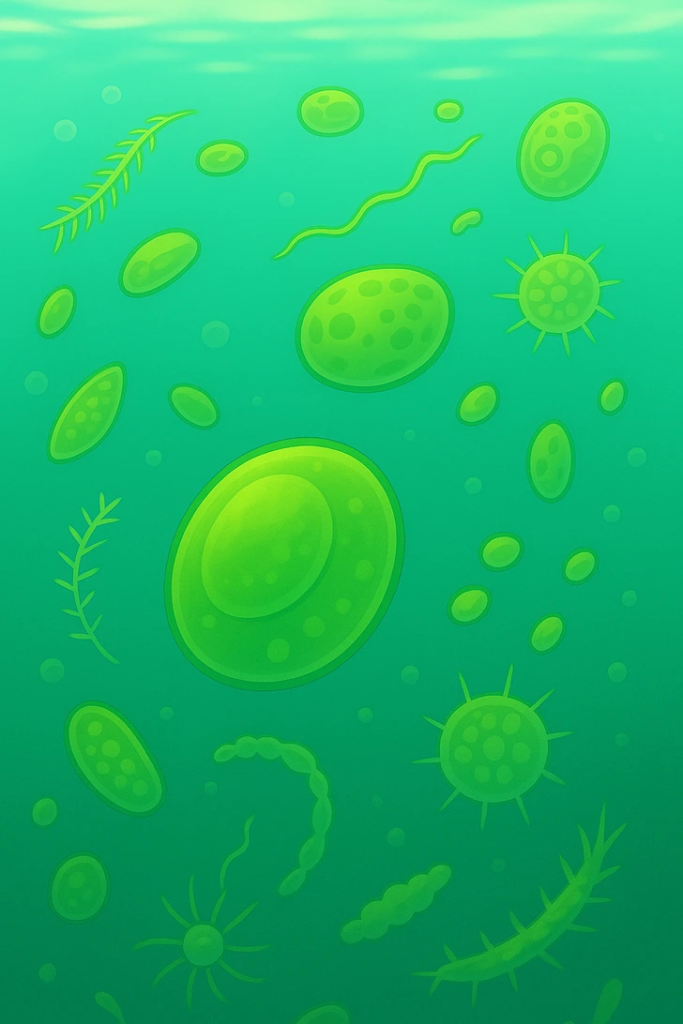
You might assume rainforests give us most of our oxygen, but the ocean actually leads the charge. Tiny oceanic organisms like plankton, algae, and bacteria produce over half of Earth’s oxygen. The real MVP? A microscopic bacterium called Prochlorococcus, responsible for a huge chunk of the air we breathe.
Swallowed Gum Doesn’t Linger for Years

You’ve probably heard that chewing gum stays in your stomach for 5–7 years. False. While your body can’t digest gum, it still passes through your system just like everything else. It’s out of you in a few days, not years.
Sitting Close to the TV Won’t Harm Your Eyes

Remember being told not to sit too close to the TV or you’d ruin your vision? Turns out, it’s a myth. Modern screens emit very low radiation. While staring at any screen too long can cause eye strain, there’s no proof it leads to lasting damage.
Video: Is Sitting Too Close to the TV Really Bad for You?
Damp Hair Won’t Make You Sick

Walking outside with wet hair on a chilly day may make you uncomfortable, but it won’t give you a cold. Viruses cause colds—not the weather. Unless you’re exposed to germs, your hair’s not the problem.
Your Blood Is Never Blue
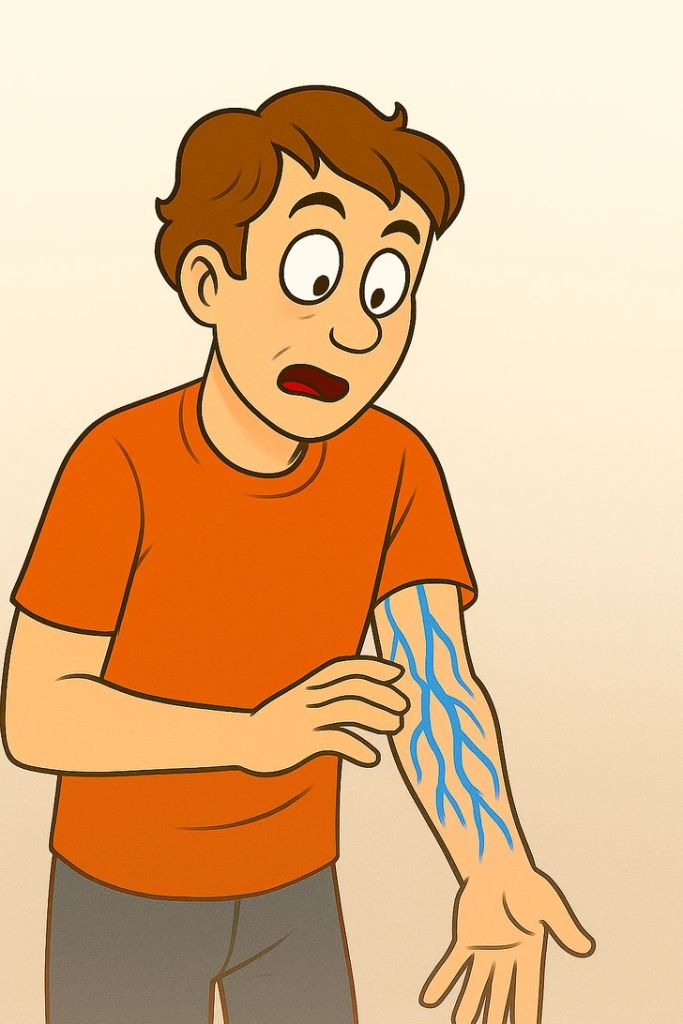
Veins look blue, so our blood must be blue when it’s low on oxygen, right? Not true. Blood is always red—it’s just darker when deoxygenated. The blue appearance of veins is an optical illusion caused by how light penetrates the skin.
Barefoot Running Isn’t a Miracle Cure
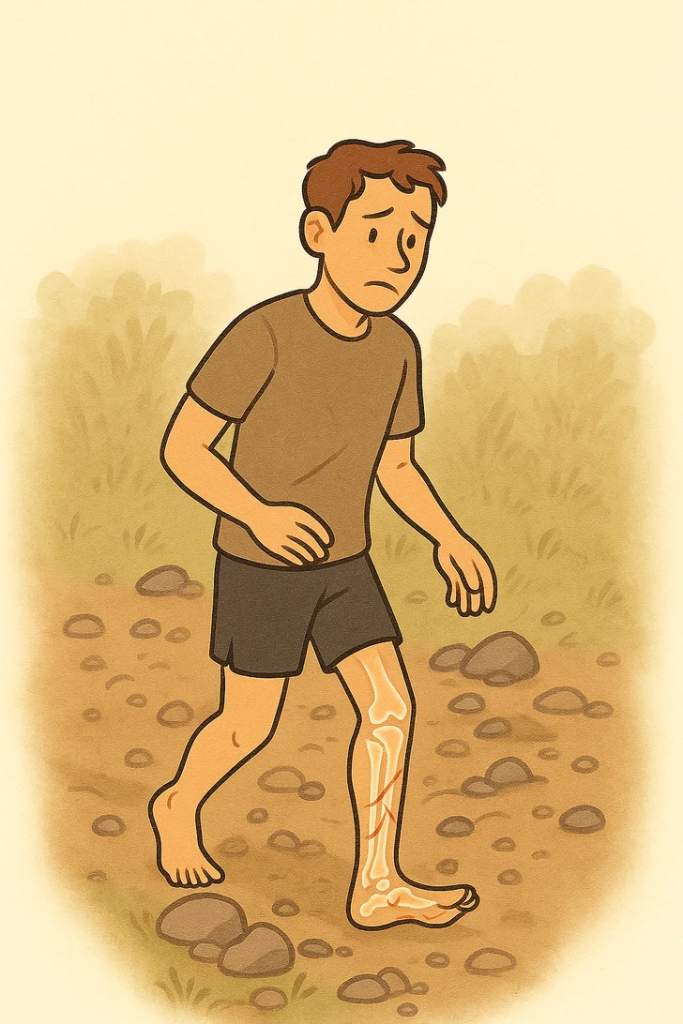
Running without shoes might feel natural, but it’s not a magic bullet. Some studies show it may help reduce knee injuries, but it can also increase the risk of foot stress fractures. So before ditching your sneakers, think twice—your feet might thank you later.
Rice Won’t Save Your Wet Phone

Dropping your phone in water? The internet swears by the rice trick. But science says otherwise. Rice doesn’t effectively dry out electronics, and it might even cause more damage by letting tiny particles get inside. You’re better off using silica gel or taking it to a pro.
Chameleons Don’t Change Color Just to Camouflage

Sure, chameleons can blend in—but that’s not their main reason for changing colors. They shift shades to communicate, regulate temperature, and show mood. So that flashy green? It might just mean they’re excited, not hiding.
Stretching Before Workouts Doesn’t Prevent Injury
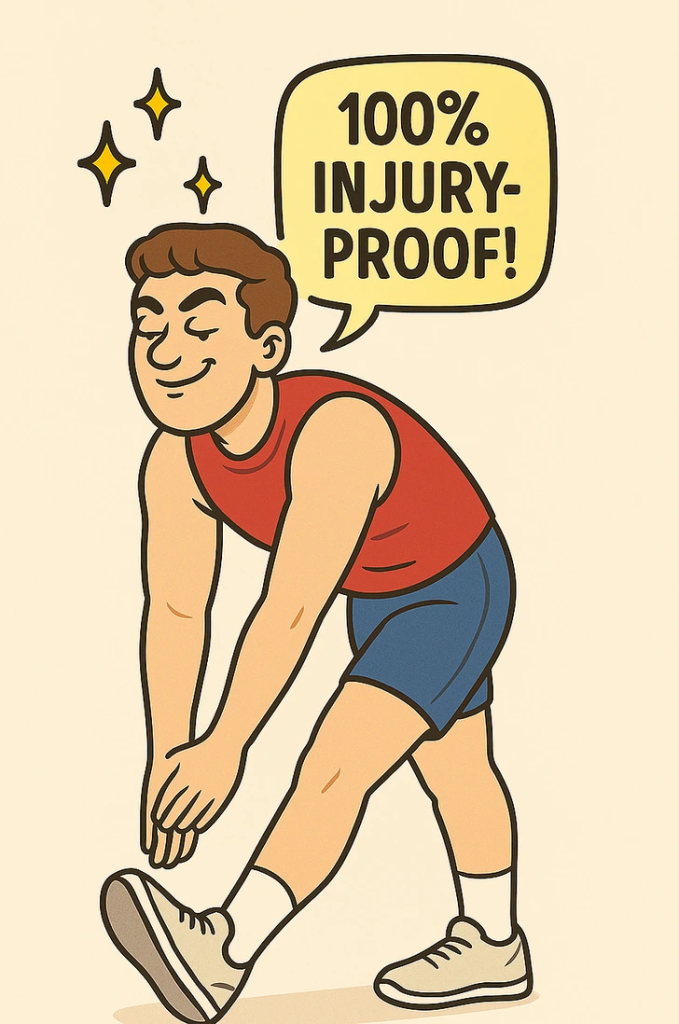
Contrary to gym folklore, stretching before a workout doesn’t guarantee you’ll stay injury-free. In fact, dynamic warm-ups—like light cardio—are more effective at prepping your muscles. Stretching still has benefits, just not the magical ones you’ve been told.
You Don’t Need Exactly 2 Liters of Water Daily

The “eight glasses a day” rule is more of a guideline than a must. Everyone’s hydration needs differ depending on age, activity, climate, and diet. Listen to your body. Thirst is usually a better indicator than a fixed number.
Storing Batteries in the Fridge Won’t Help

Think your fridge will make your batteries last longer? Think again. Cold storage can actually cause condensation, leading to corrosion. Keep them in a cool, dry drawer instead.
Dinosaurs and Humans Didn’t Coexist

Despite what some movies might imply, humans and dinosaurs were never roommates. Dinosaurs disappeared 65 million years ago. But here’s the twist—modern birds are their evolutionary cousins. Yep, pigeons are basically tiny raptors in disguise.
Video: Did Humans and Dinosaurs Live Together?
Bats Aren’t Blind
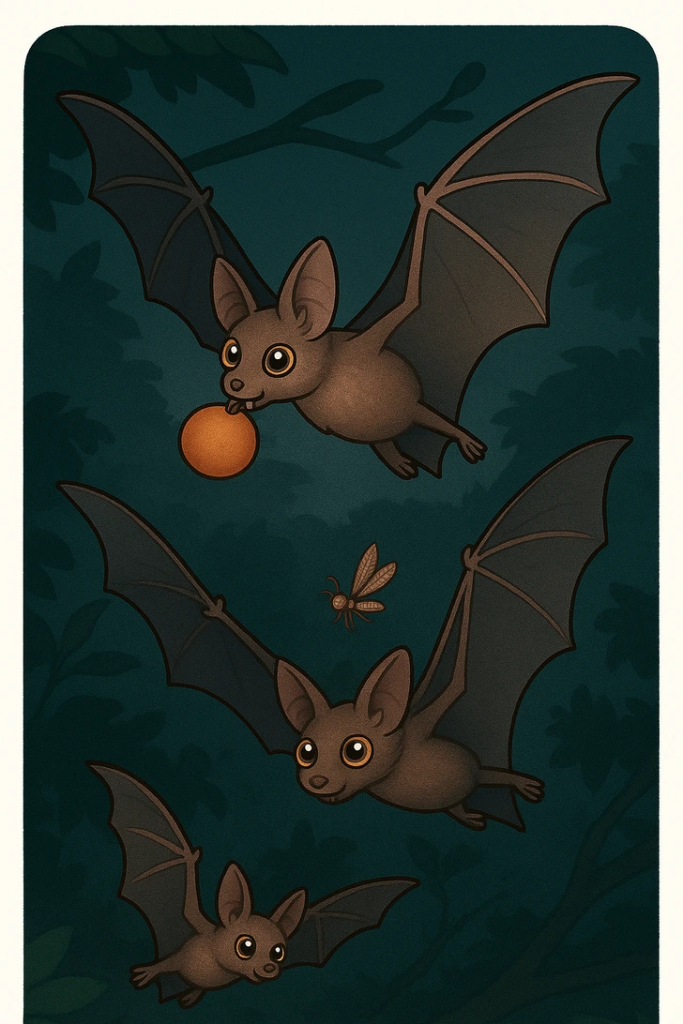
Ever heard “blind as a bat”? Totally wrong. Most bats have decent vision, and some even see quite well in low light. Their famous echolocation helps them navigate, but they still use their eyes just fine.
Haircuts Don’t Speed Up Hair Growth
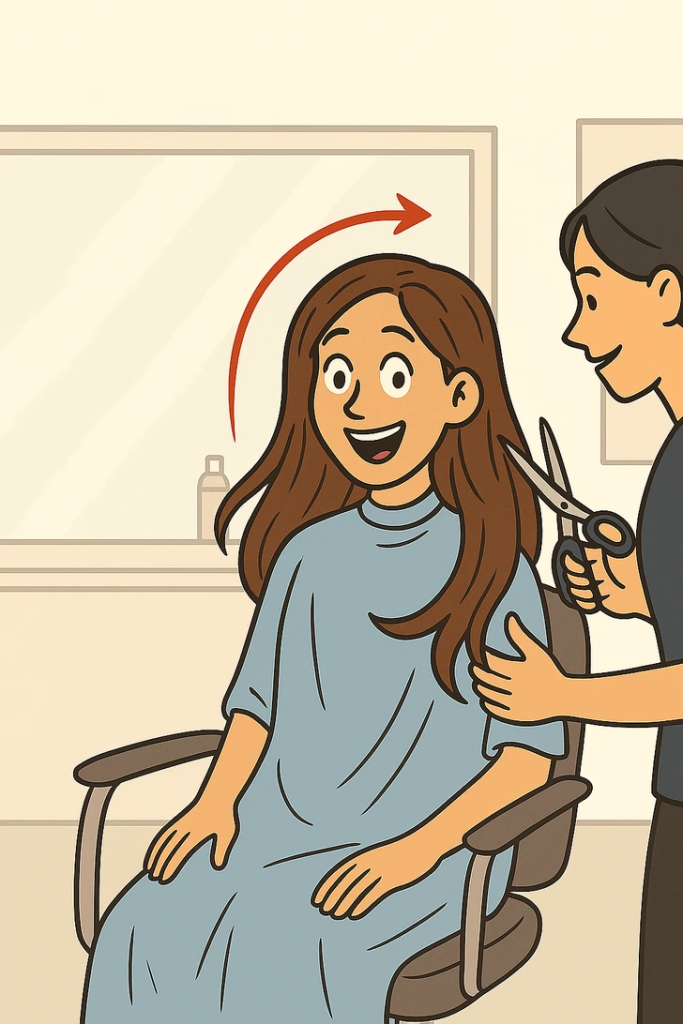
Getting regular trims helps your hair stay healthy, but it doesn’t make it grow faster. Hair grows from the roots, not the ends. Still, trimming does prevent split ends and breakage, which makes your hair look longer over time.
Cracking Your Knuckles Doesn’t Cause Arthritis
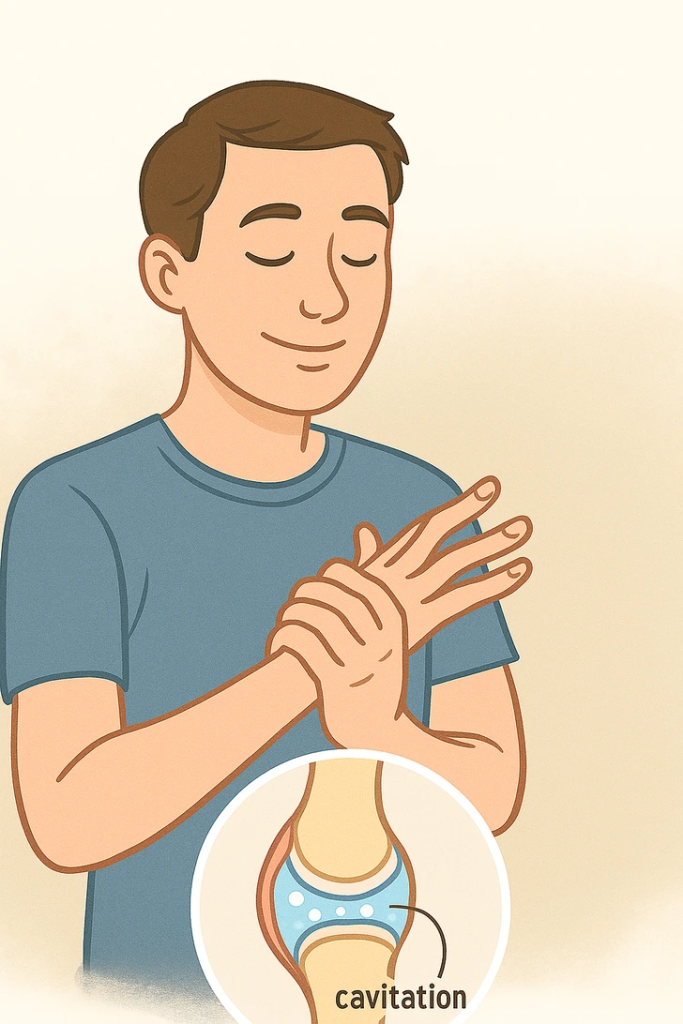
Love the satisfying pop of a knuckle crack? No worries—science says it’s harmless. That sound comes from gas bubbles in your joints, not bone damage. And no, it won’t give you arthritis.
The Five-Second Rule Is Just Wishful Thinking
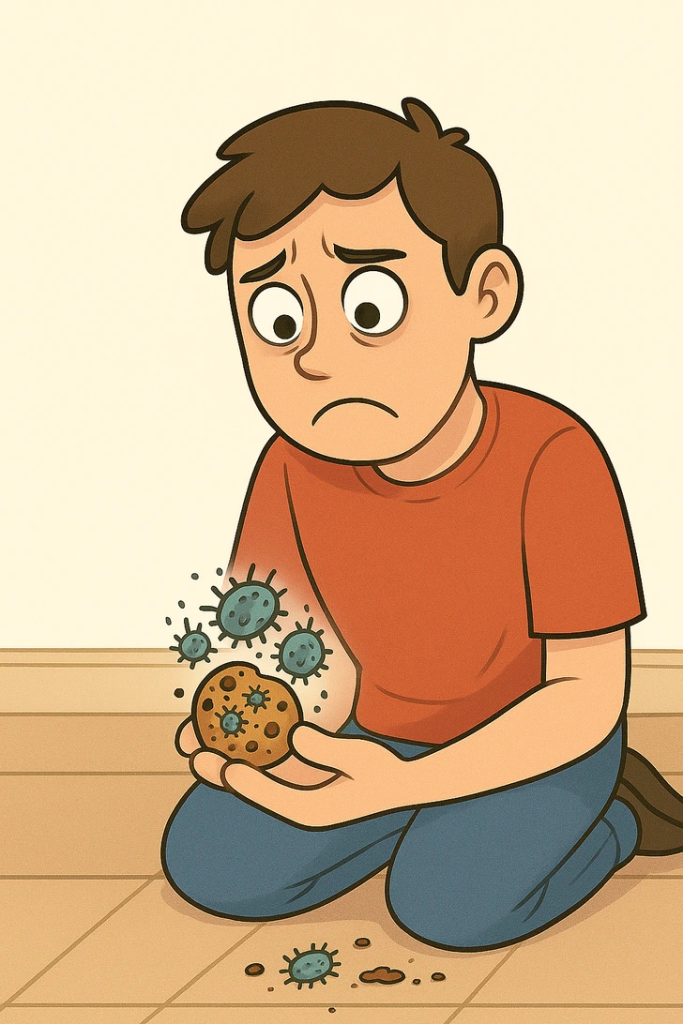
Drop a cookie and pick it up within five seconds—safe to eat, right? Nope. Bacteria can latch onto food instantly. Floors aren’t magical clean zones, and five seconds won’t protect your snack from invisible invaders.
Conclusion: Science Doesn’t Lie—But Myths Love to Linger
It’s wild how many everyday myths we carry with us without question. They come from childhood warnings, pop culture, and old wives’ tales—but science always has a way of clearing the air. Whether it’s gum in your stomach or bulls seeing red, now you know better. And maybe next time you hear one of these, you’ll smile and say, “Actually…”